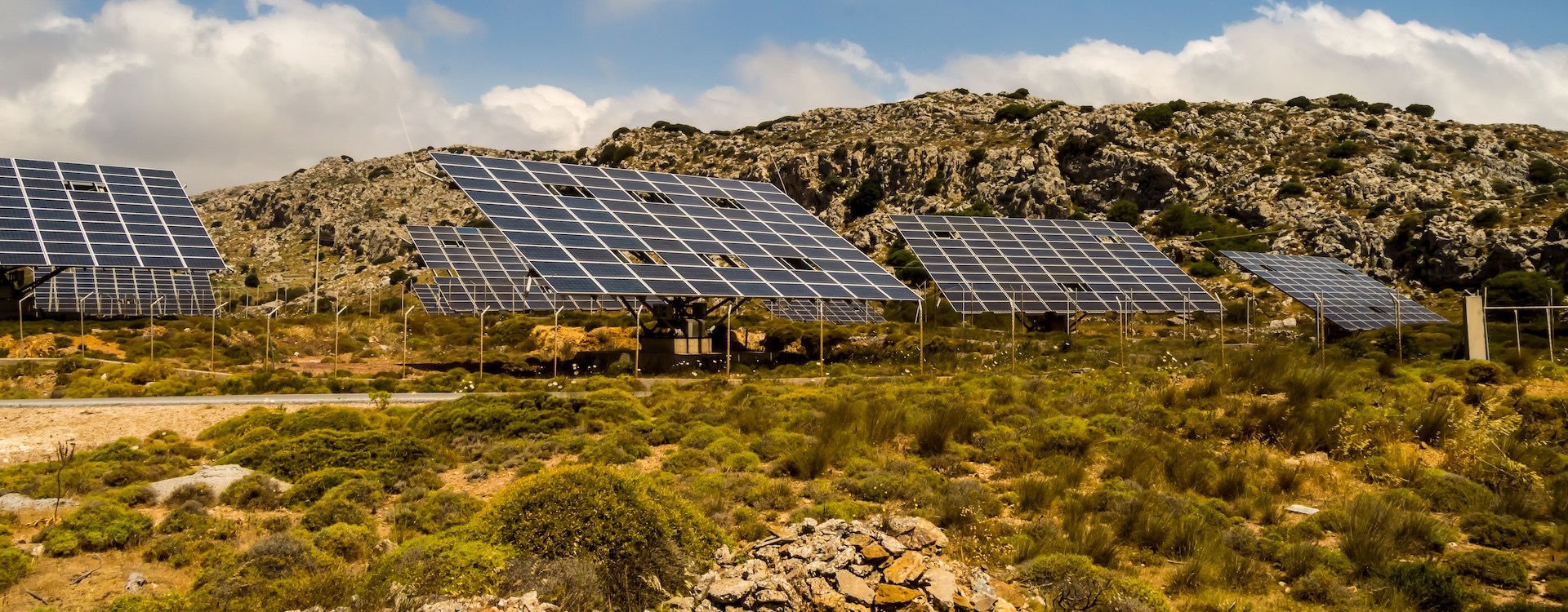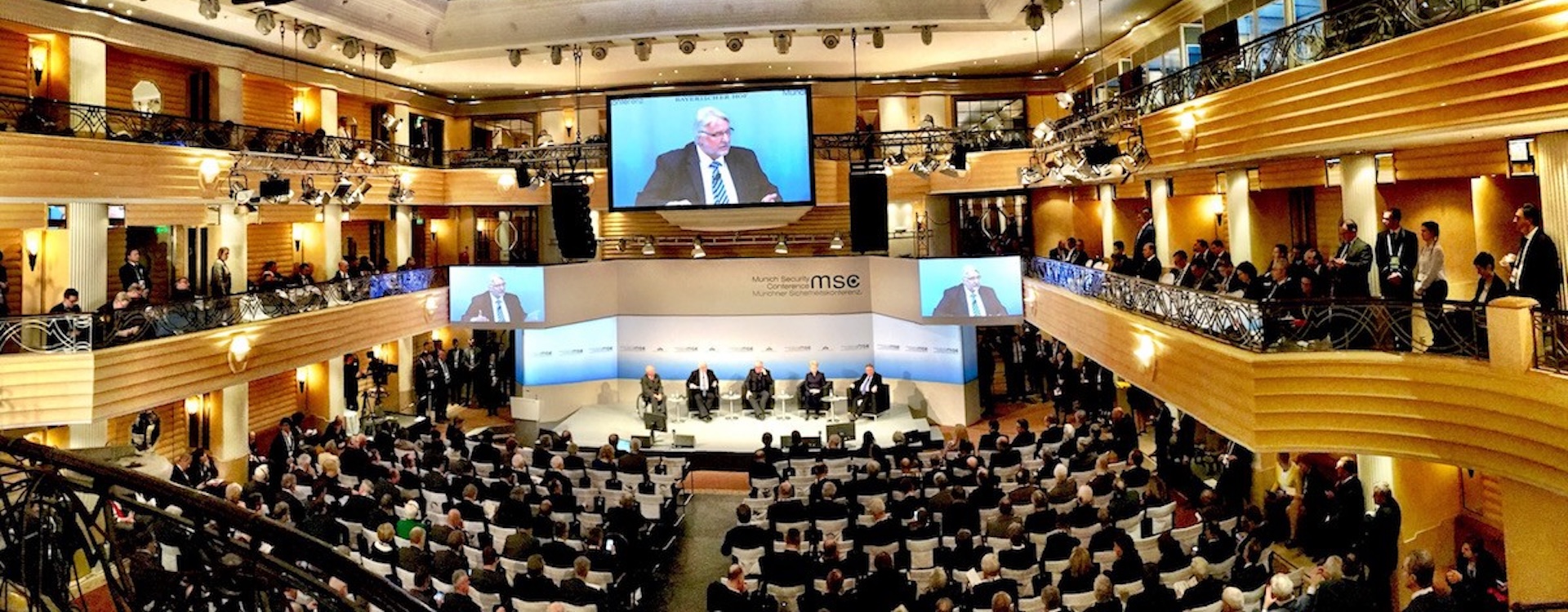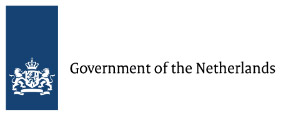Africa’s energy transition: the need for gas, nuclear and renewables

The continent is on track to become a major global carbon emitter if the current fossil fuel-dependent trajectory prevails.
-
Date: 23 August 2024
-
Time: 11:00 to 12:00 (GMT+2)
-
Venue: Online via Zoom
Overview
Africa exports much of its fuel sources, yet a large portion of its people lacks access to electricity. With rapid population growth and increased energy demand, the continent will become a major global carbon emitter if the current fossil fuel-dependent trajectory prevails. What are the implications of a reasonable transition to renewables in Africa and how important is a global carbon tax to finance that transition?
This seminar will examine findings from two reports on Africa's climate and energy futures, developed by the Institute for Security Studies’ African Futures programme. The reports explore various scenarios that track the impact of a global carbon tax, aggressive energy policies, and sustainable practices.
This seminar is co-hosted by the Institute for Security Studies (ISS) and AUDA-NEPAD. It is the second of four events in the Erudite series on Forecasting African futures: empowering African Union (AU) member states.
Moderator: Pamla Gopaul, Senior Programme Officer, Data Analyst, AUDA – NEPAD
Presenter: Alize le Roux, Senior Researcher, African Futures & Innovation, ISS
Panelists:
- Dr Kennedy Manduna, Postdoctoral Research Fellow, Wits School of Governance
- Kgaugelo Mkumbeni, Research Officer, Climate Risk and Human Security, ISS
Image: Philou1000 via Getty Images
Development partners
This seminar is funded by The Kingdom of the Netherlands, the Hanns Seidel Foundation and the Swedish International Development Cooperation Agency. The ISS is also grateful for support from the members of the ISS Partnership Forum: the Hanns Seidel Foundation, the European Union, the Open Society Foundations and the governments of Denmark, Ireland, the Netherlands, Norway and Sweden.
More to explore

11 Nov 2025
Mobilising Africa’s financial flows for development
How can Africa navigate disinvestment and diversification to secure sustainable development finance in a shifting world order?

08 Jul 2025
South Africa’s future in a changing world: the GNU’s two options
The Government of National Unity presents opportunities for reform, even amidst global uncertainty.

16 Sep 2025
Rethinking Africa’s future investment portfolio
This seminar explores how Africa can diversify its investment sources in a shifting global landscape.

15 Feb 2026
Live: Munich Security Conference 2026
Official Munich Security Conference Side Event: Conversation on African Security



